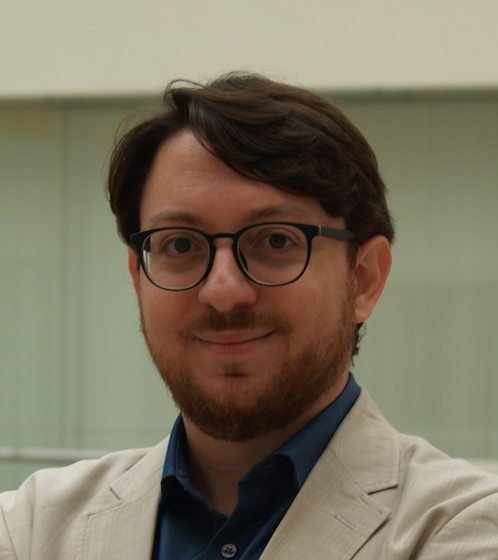“A Vision for Trustworthy Robot Perception: Certifiable Algorithms and Self-Supervised Learning”
Thursday, April 15 at 1:00pm
Join Via Zoom
Email communications@ece.ufl.edu for Zoom info
Abstract
Perception algorithms are key components of modern autonomous systems, from self-driving vehicles to autonomous robots and drones. For instance, for a self-driving vehicle, perception algorithms provide functionalities such as estimating the state of the vehicle, building a map of obstacles in its surroundings, and detecting and tracking external objects and pedestrians. As exemplified by recent self-driving car accidents, perception failures can cascade to catastrophic system failures and compromise human safety. Ensuring robustness of perception is a formidable challenge, which spans several research areas from robotics and computer vision, to estimation and machine learning.
In this talk, I provide an overview of our work on certifiable perception. I start by reviewing our certifiable algorithms for geometric perception, which aim at estimating a geometric model (e.g., the pose and shape of vehicles surrounding a self-driving car) from noisy and potentially corrupted measurements. Our certifiable algorithms provide formal performance guarantees in realistic problems, and largely outperform the state of the art in terms of accuracy and robustness to noise and outliers. I discuss three tools to design certifiable algorithms: graduated non-convexity, graph-theoretic outlier removal, and polynomial optimization. I show that these tools enable unprecedented performance in object pose and shape estimation using camera or lidar. Our algorithms are “hard to break” and succeed in challenging problems with extreme noise and outliers, where state-of-the-art methods fail.
While certifiable algorithms provide strong guarantees for geometric perception problems, I conclude the talk by showing early results on the use of robust algorithms for self-supervision of neural networks for feature detection and matching. The combination of certifiable algorithms and self-supervised learning provides a feasible path for the design and efficient implementation of trustworthy perception systems.
Biography
Dr. Luca Carlone is the Leonardo Career Development Assistant Professor in the Department of Aeronautics and Astronautics at the Massachusetts Institute of Technology, and a Principal Investigator in the Laboratory for Information & Decision Systems (LIDS). He received his PhD from the Polytechnic University of Turin in 2012. He joined LIDS as a postdoctoral associate (2015) and later as a Research Scientist (2016), after spending two years as a postdoctoral fellow at the Georgia Institute of Technology (2013-2015). His research interests include nonlinear estimation, numerical and distributed optimization, and probabilistic inference, applied to sensing, perception, and decision-making in single and multi-robot systems. His work includes seminal results on certifiably correct algorithms for localization and mapping, as well as approaches for visual-inertial navigation and distributed mapping.
He is a recipient of the Best Paper Award in Robot Vision at ICRA’20, the Track Best Paper award at the 2021 IEEE Aerospace Conference, the 2017 Transactions on Robotics King-Sun Fu Memorial Best Paper Award, the Best Paper Award at WAFR’16, the Best Student Paper Award at the 2018 Symposium on VLSI Circuits, and he was best paper finalist at RSS’15. He is also a recipient of the NSF CAREER Award (2021), the RSS Early Career Award (2020), the Google Daydream (2019) and the Amazon Research Award (2020), and the MIT AeroAstro Vickie Kerrebrock Faculty Award (2020). At MIT, he teaches “Robotics: Science and Systems,” the introduction to robotics for MIT undergraduates, and he created the graduate-level course “Visual Navigation for Autonomous Vehicles”, which covers mathematical foundations and fast C++ implementations of spatial perception algorithms for drones and autonomous vehicles.

